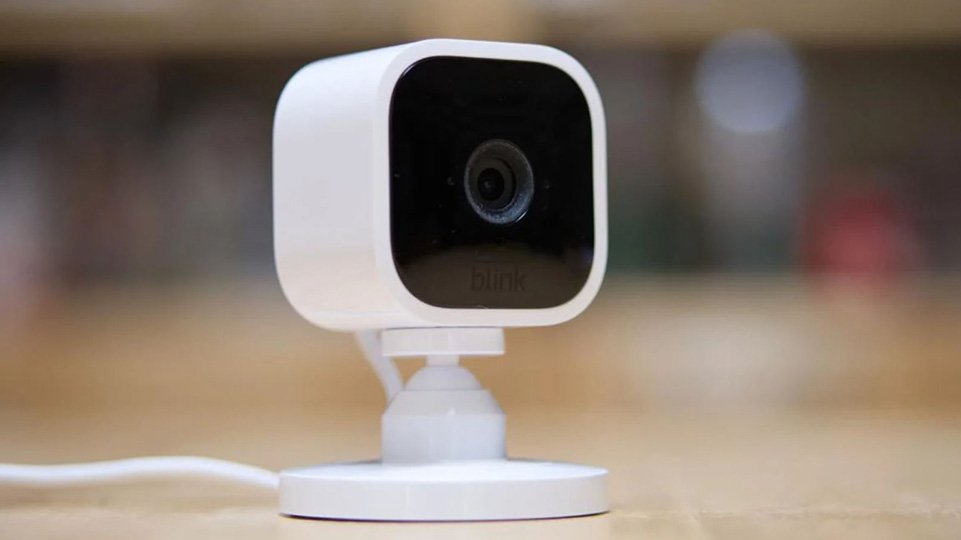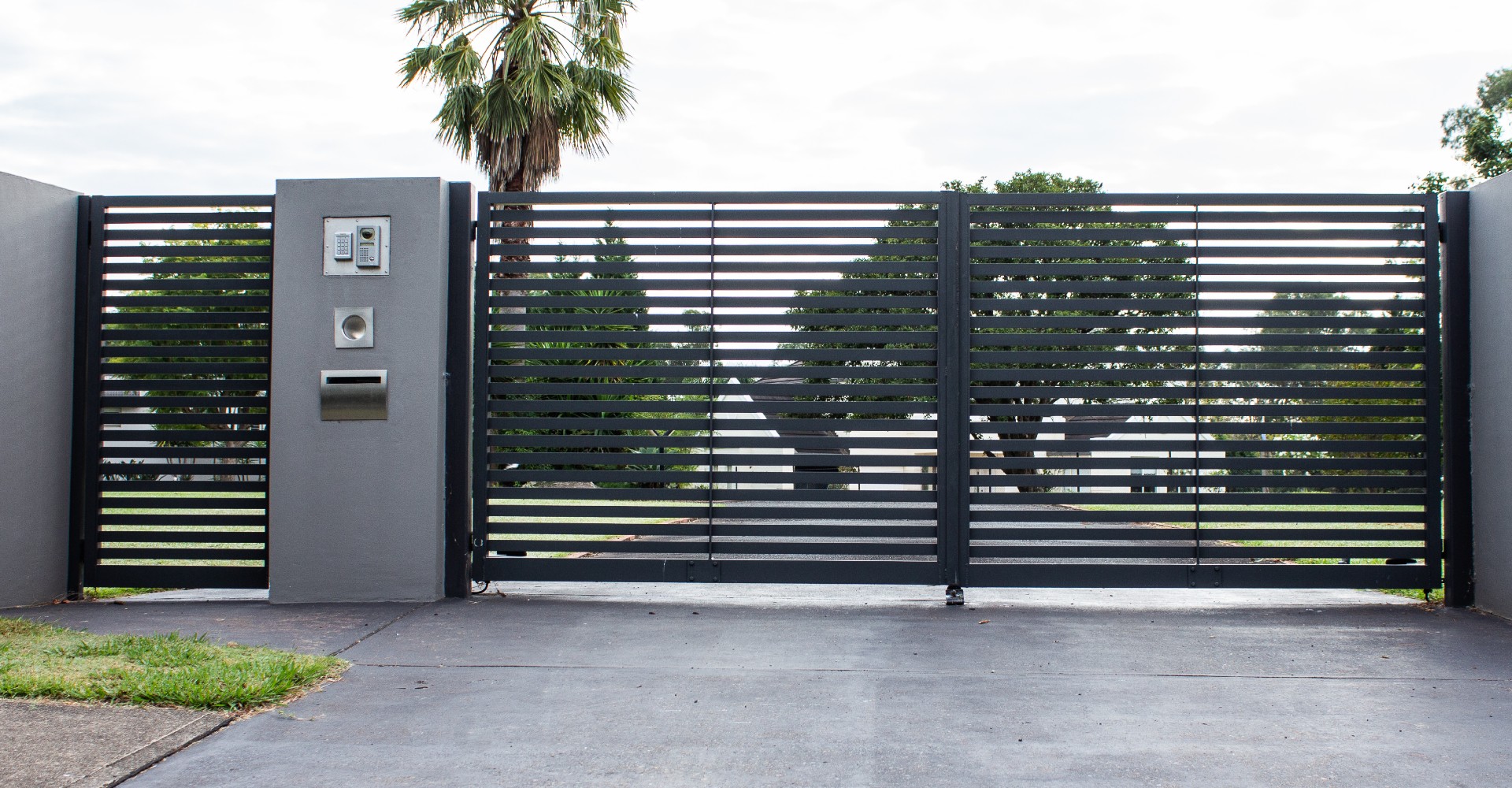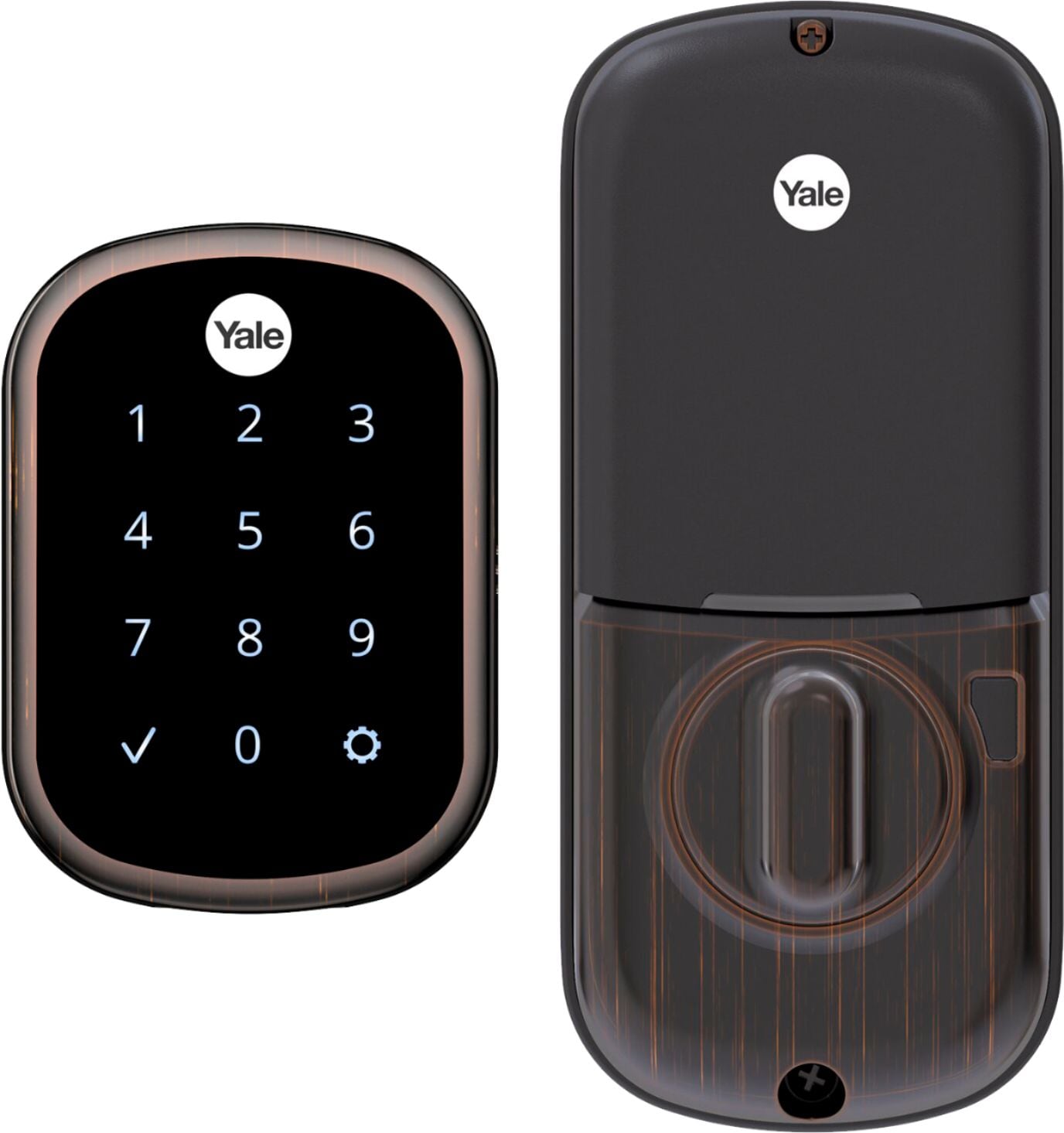
Cove security is a modern method to protect your home. It provides the same effectiveness of a traditional security system, but at a fraction of the cost. Its technology features 100% cellular communications, a 24-hour battery back-up, and smash/grab protection. It alerts a monitoring group if equipment is lost or damaged.
Prices
Cove Security System is an advanced security solution that has all the features of a traditional security program but costs a fraction. It has 100% cellular connectivity, a backup power supply, and smash-and–grab security. The Cove system automatically notifies monitoring teams if equipment gets lost, damaged, or stolen.
You can choose from different packages depending on your budget or the complexity of the security systems you wish to install. Prices for each package vary depending on the size and type of your home. Professional installation can be an additional cost and is dependent on the system's complexity.

Features
Cove security systems offer the effectiveness of a traditional security system at a fraction of the cost. They feature 100% cellular communication, 24 hour backup battery, and smash-and-grab protection. The Cove system will alert your monitoring team if someone attempts to break into your home or equipment.
Cove offers an app that allows you to view live video streams and provides other useful information. Its security cameras are motion-activated and feature 1080p HD video resolution. This system is not affected by power outages and can also be set to record if it detects a sound. You can adjust the decibel threshold so that the sound is louder before the camera records.
Customer service
Cove Security offers many customer support options to make sure you get maximum value from your security system. You can reach the company via phone, email, SMS, and social media. YouTube videos are also available from the company. These videos can be used to help you install new equipment and use Cove's control panel. In case of emergency, you can also use the company's live chat option.
InstaText's alarm notification system from Cove allows users to receive text messages and phone calls with alerts. During an alarm, a Cove representative will try to contact the user in three ways: by text message, through a two-way speaker in the hub, or by phone. Cove may call you if your response is not satisfactory. They will also attempt to contact you via the panel or telephone. When you set up your system, you can add emergency contact information, such as a cell phone number, to the system.

Equipment compatibility
The Cove home security system integrates with Alexa and Google Home smart home devices. It is easy to use and simple to set up. The system is monitored, and the warranty lasts for one year. The homeowner is responsible for any damages to the device. The Cove system can be installed by the homeowner or hired by a professional. Both are easy and inexpensive to install.
Cove can be customized to meet the requirements of your home or business. You can order the Cove system online, or by calling. The company offers flexible security options and ships the product within one day. Installation can take only a few hours. Many other home security companies require several weeks' notice.
FAQ
What is the difference in surveillance and security cameras?
Surveillance cameras can be used for surveillance purposes while security cameras can be used for protection.
Both cameras have their pros and cons. They capture different types of images. Surveillance cameras record video with slow motion so that you can view what's happening right now. Security cameras on the other side only record video and still photographs, which are saved for later review.
Can I install a security camera by myself?
Yes! If you have the necessary knowledge and skills, you can install a house alarm. If you don't want to do it yourself, then hire an expert who will be able to help you install it properly.
How do you choose between different home security systems types?
You should consider what kind of threats are in your area. An alarm that will sound when someone enters your residence might be a good idea if your area is plagued by crime. You may not need as much security if you live in rural areas with few burglaries.
Consider whether you are prepared to pay more for advanced features. Some systems have built-in cameras, while others don't. Some systems allow you to remotely monitor your home, while others require that you be present to view the footage.
Statistics
- Most home security companies will charge you around 75% of the remaining term of your contract if you cancel early—and some require 100%.Related questionsWhat type of contract length can I expect from security providers?Home security system cancellation (safewise.com)
- Depending on your insurance, 24/7 professional monitoring may qualify you for as much as 15% off your premium. (safewise.com)
- (In my experience, the discount on my home insurance covered about 25 percent of the subscription of an average plan, but your mileage may vary depending on your location and the size of your home.) (theverge.com)
- Most home security companies will charge you around 75% of the remaining term of your contract if you cancel early—and some require 100%.Related questionsWhat type of contract length can I expect from security providers?Home security system cancellation (safewise.com)
External Links
How To
How to Install A Home Security System
A home security alarm is a device that monitors the property and alerts you in case of any suspicious activity. It could be motion sensors, doorbell cameras, smoke detectors or burglar alarms. A home security system typically includes one or more sensors, such as motion detectors. These sensors send signals when they sense movement or sound. The signals are then sent out to a control board where they can monitored and recorded. A control panel will alert your phone, tablet or computer if something is wrong. The control panel will notify you immediately so that you can take corrective action.
You must first choose the right kind of sensors for you home in order to install a home alarm system. There are two main types: passive and active sensors. Passive sensors aren't powered by batteries. They just detect sounds and vibrations in their environment. These sensors include sirens, buzzers, and doorbells. Active sensors transmit data via electricity. Some examples of this kind of sensor are cameras and motion sensors.
There are many brands of sensors today. Each brand has its advantages and disadvantages. For example, some sensors are weatherproof, while others aren't. Some come with built-in speakers so you can hear them even if they're outside. Others are only for use inside. Some are basic while others offer advanced features, such as night vision.
Once you have chosen the right type of sensor for your property, it is time to select a manufacturer. This will ensure that your sensors are compatible. You will find many options in your local hardware store.
Once you've chosen a brand of sensors, you'll need to decide how many you want to buy. Depending upon whether they live alone or in a group, most people begin with one or two sensors. If you have plans to purchase additional sensors in the future, it might be worth buying more than you currently need.
Next, determine where you want your sensors to be placed. Are they near windows or doors? Or do you prefer having them hidden away? Before placing them on your property, get permission. Also, make sure they won't interfere with anything else, like electrical outlets.
After you've determined the location of your sensors, you will need a way that they can be connected to your control panels. Depending on your setup, you may need to purchase a power adapter or battery pack. Once you have everything in place, your property can be monitored!